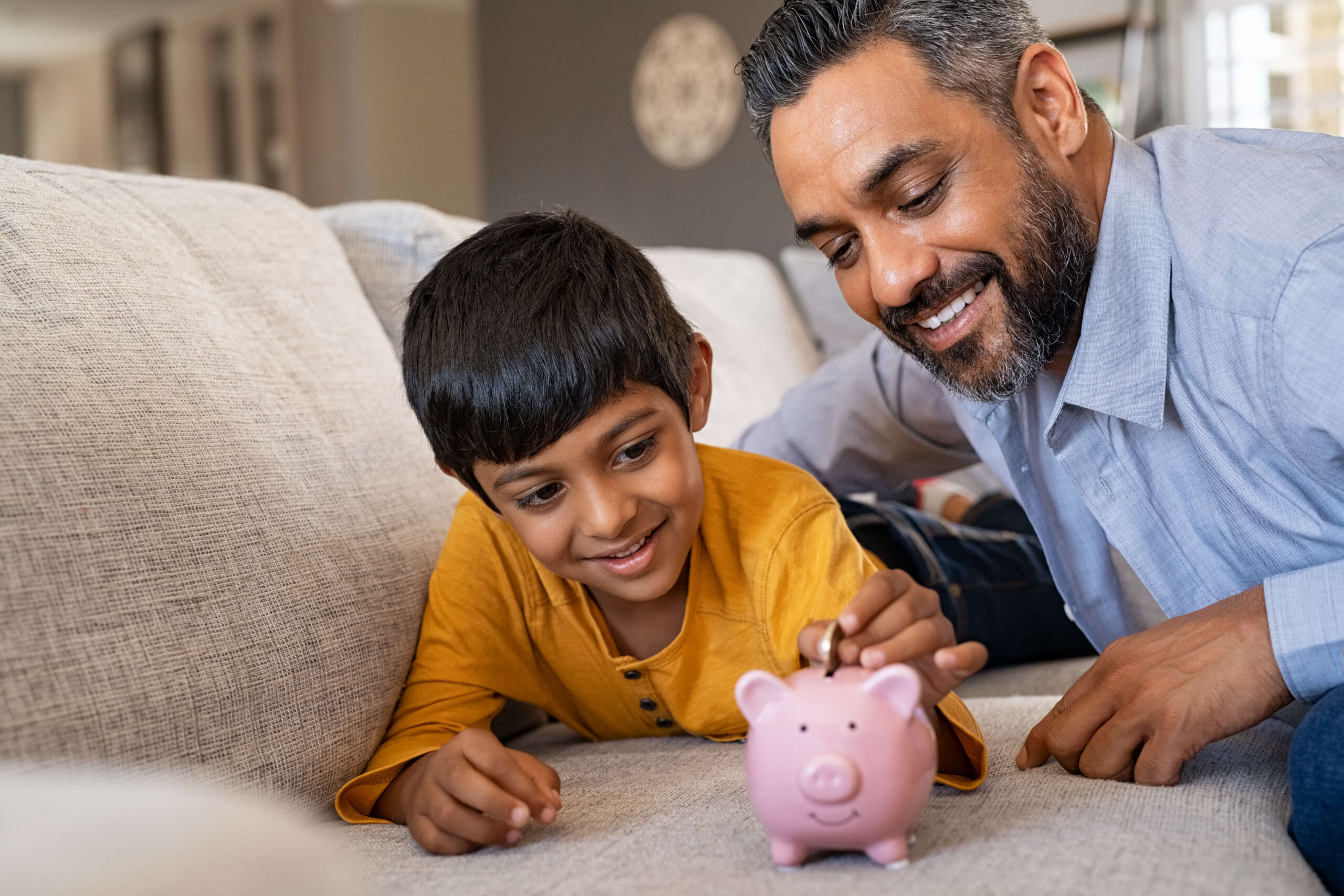Whether you’ve been putting away some money every month or been gifted a sum by family, £1k can go a long way. While it can be tempting to splurge and treat yourself, first consider if you could use the money more wisely. From paying off debts to adding to your savings, make every penny count.
Keep reading to find out what you could do with the money.
What to do with 1k savings
Open a savings account
With £1k in hand, one of the first things you can do is open a personal finance savings account. This is a great first step to take as it will allow your money to start earning interest. If you’ve no plans on using the money right now, you can open a fixed-rate savings account. These can have a higher interest rate than an easy access account, however you can’t withdraw your money until the fixed term is over so have a think about how long you’re happy to save for. If you think you’ll need to use the money in the shorter term, you can open an easy access savings account. This’ll ensure your money continues to earn interest, while allowing you to access it when you need it.
Start a pension fund
Putting your £1k towards a pension fund can be a smart move, as you’re essentially investing in your future. It’s never too early to invest in your pension, as it works through compound interest. This means that the earlier you start, the longer your money has to grow. You’ll need to regularly contribute to your retirement fund, this is a great first step to take. Find out more about whether to save or add to your pension here.
Build an emergency fund
It’s always a good idea to set some money aside for unexpected life events. Putting the £1k into an easy access savings account can provide you with a little peace of mind, knowing that you’re prepared for some of the unplanned costs life may throw your way way. It’s generally recommended that an emergency fund has three months’ worth of living expenses. So, £1k should be a good amount to start with.
Pay off outstanding debts
Having £1k at your disposal can be the perfect opportunity to pay off any debts. Focus on debts with the highest interest first, such as credit card balances and loans. This should help to save you money in the long run, freeing up your income for other expenses. Even if you can’t pay off all your debt, it’s a good step in the right direction.
Spend it!
Of course, there’s always the option of spending the money. That doesn’t mean it has to go to waste. Whether you want to spend it on a holiday or donate it to a charity, make sure that the money is put to the best possible use. By thinking about your priorities, you can use the money to have a positive impact on the lives of those around you. Just make sure that the money is used wisely and you have enough left over for the essentials.
You can find more savings news such as the advantages and disadvantages of the savings market and the best way to save for life events in our news page.
This article is correct at time of publishing and for general information purposes only.

